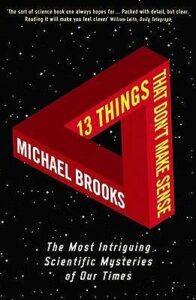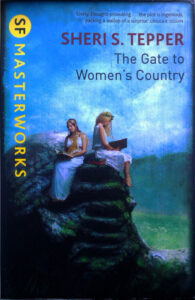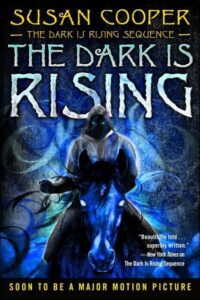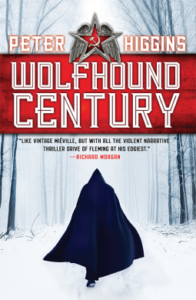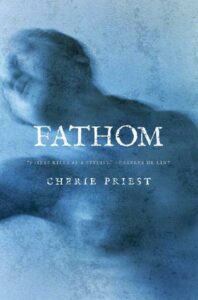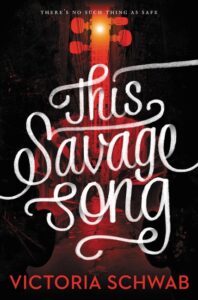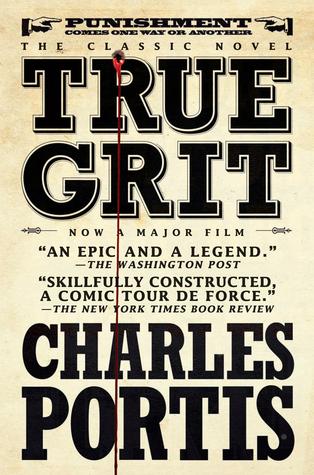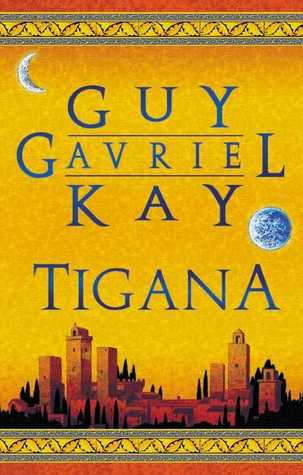 Tigana, Guy Gavriel Kay
Tigana, Guy Gavriel Kay
This week’s Flashback Friday is a bit of a special one, because it turns out I’ve written a full review for Tigana every time I’ve read it, from my first encounter with it. All of these are here, dated, in chronological order. I hope you find it as interesting as I did!
August 2008.
The very last paragraph makes me want to kill Guy Gavriel Kay. The impact was somewhat spoilt by my mum spoilering me beforehand, but… on the other hand, knowing it was coming hurt more, too.
One thing I definitely have to say is that Guy Gavriel Kay’s romance was much better in this book. I never really saw Catriana and Alessan coming, but at the same time, it was understandable and it didn’t make me come over all “…no” like Paul and Jaelle in Fionavar did. Dianora and Brandin were delightfully star-crossed. I loved the little references to Fionavar, too. The characters I got to love very, very much. Maybe not quite as much as I grew to love the characters in Fionavar. He wasn’t quite as ruthless with his characters in Tigana, though, so I didn’t test my love of the characters in tears!
Guy Gavriel Kay is one of my favourite authors right now. Really. I don’t see that changing any time soon, either.
Rating: 5/5
August 2009.
This is still such a beautiful, beautiful book. This is my first reread, but I can tell you already that it won’t be my last. The writing is gorgeous, and the imagery and the politics and the characters are all amazing. The careful laying of the plot, with the different subplots that weave in, like the Carlozzini and Dianora’s own plans, is amazing. There are so many points in the book where I found tears coming to my eyes that I don’t even know how many times it happened. It’s an amazing, amazing book.
One of the things I noticed most this time round is the backstory, the creation of a mythology that hangs around the edges of the story — provides sanctuary, or is important to one subplot or another, without taking centre stage. Backstory that both enriches the world, the worldbuilding, and serves a purpose, without being pointless or entirely utilitarian.
I also noticed the moral ambiguity that he builds up. Especially in the figure of Brandin, of course, who has done such cruel, terrible things, but has reasons and a kind of nobility of his own and can actually be liked, in some ways. But not just him. Alessan himself isn’t amazing either — although one difference between him and the tyrants is, of course, that though he does use his special power to bind someone to his cause, he does release them to their own free will and does feel a lot of remorse.
The last line of all means that Guy Gavriel Kay probably deserves to go and live in his own special circle of hell. It’s an amazing, beautiful ending, and it’s so, so cruel.
Rating: 5/5
February 2013.
I found Tigana annoying me so much this time around. Kay’s overly ornate way of writing, the way he makes even the simplest of events sound So Deeply Important by the formal way he’s writing… But it all came together for me again when I sat down and just read. I fell in awkward, torn love with Alessan, with Brandin, with Catriana, with Dianora, with Baerd. I loved the way people came together, willingly and unwillingly, against the other halves of their hearts. I love how people became whole again, or didn’t, and found healing and/or revenge, or…
It’s a complex plot, full of complex people, and I love it so much. I’m rereading all of GGK’s work in chronological order, to watch his development as a novelist (and for the sheer love of his work, of course), and up to now this has always been my favourite. Right now, I’m not sure where it ranks exactly — but oh, I do love it.
Reading Kay’s afterword and seeing what his influences were is also pretty fascinating. It doesn’t surprise me, in retrospect, that Brian Friel’s Translations influenced him, even though it seems like a leap from a literary play about language to a fantasy novel that is, on the surface, about the fight against tyranny (but then, those two don’t seem so very far apart if you think in Colonial terms).
Rating: 5/5



